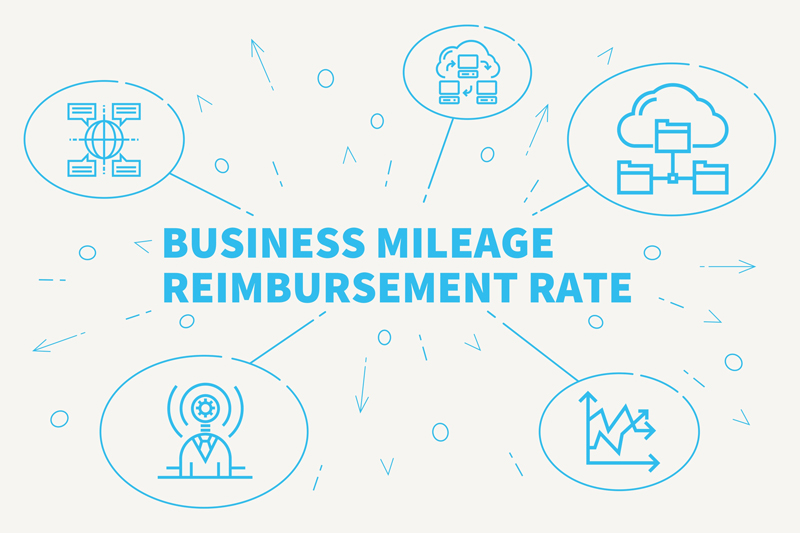Limited liability companies are a very flexible form of business organization. Depending on the number of owners, and whether or not an election has been made, an LLC can be treated as a disregarded entity, a sole proprietorship, a partnership, a corporation, or an “S” corporation. This flexibility can be very useful. This flexibility can also be troublesome if the owners don’t carefully review and understand the governance documents for their LLC.
Many small business owners set up their own LLC or use someone like Legal Zoom to do it. These owners often end up with the typical form of Operating Agreement for the LLC. This may be appropriate if the LLC is intended to be treated as a partnership for federal income tax purposes. But this is not appropriate if the LLC is intended to be taxed as a corporation or an “S” corporation.
The typical LLC Operating Agreement includes provisions regarding capital account maintenance, partnership minimum gain, qualified income offsets, regulatory allocations under Internal Revenue Code (“IRC”) section 704, and other provisions intended to comply with the IRC partnership tax requirements. This is absolutely appropriate if the LLC is to be treated as a partnership for income tax purposes. But this is absolutely wrong if the LLC is intended to be treated as an “S” corporation for tax purposes.“S” corporations may only have one class of stock (although differences in voting power are ignored). This one class of stock requirement means that all distributions from the LLC to the owners must be made pro-rata based on ownership.
In Private Letter Ruling 202203002 released 1/21/22, the IRS found that the partnership tax provisions in an LLC Operating Agreement, which caused or permitted distributions to be made in a manner other than pro-rata based on ownership, resulted in the LLC having a second class of stock. As a result, the IRS found that the LLC’s status as an “S” corporation was terminated.
Fortunately for the LLC owners, the IRS found, that the termination of the “S” election was inadvertent, and permitted the owners to correct the Operating Agreement to eliminate the partnership tax provisions and otherwise include language consistent with an “S” corporation. The bad news, however, was that the LLC owners had to pay a user fee to get the IRS to make this determination. The standard user fee for requesting such a ruling is now up to $30,000, and that does not include the cost of your legal and accounting professionals involved in the ruling process. Bottom line. Way smarter to get pay a few dollars upfront and get your LLC documents prepared by a professional. Don’t take a chance on doing it yourself or relying on Legal Zoom or a similar low-cost provider.
If you would like to discuss setting up an LLC, “S” corporation, or other forms of entity, or have any questions regarding any other legal or tax matter, please contact your tax or business attorney at 937-223-1130 or Jsenney@pselaw.com.













